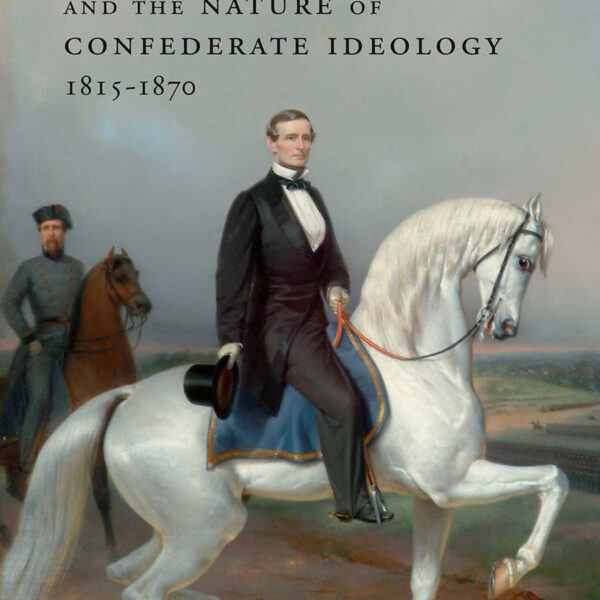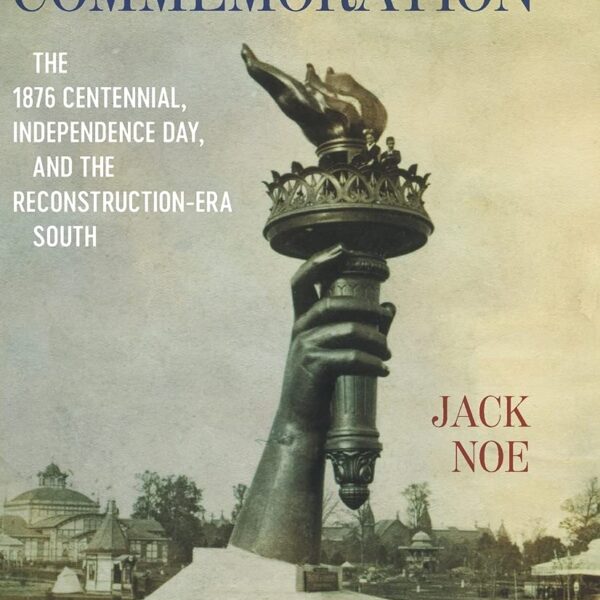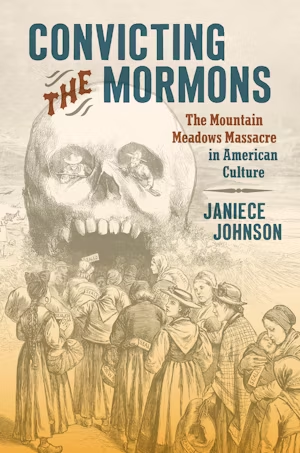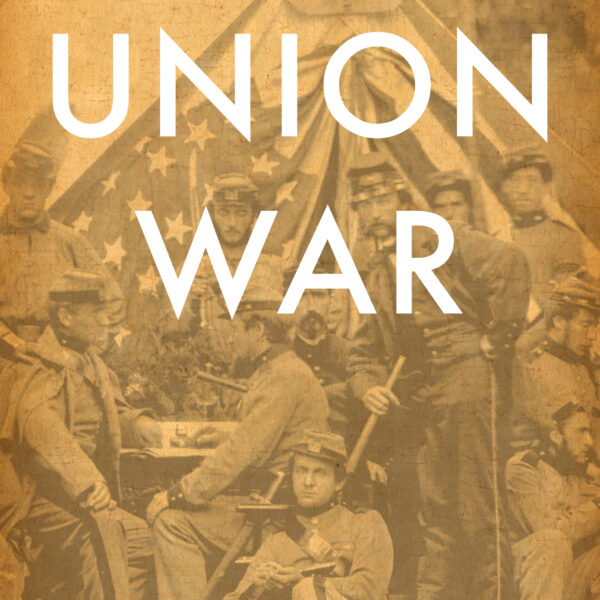We Are in His Hands Whether We Live or Die: The Letters of Brevet Brigadier General Charles Henry Howard, edited by David K. Thomson. University of Tennessee Press, 2013. Cloth, ISBN: 1572339438. $52.00.
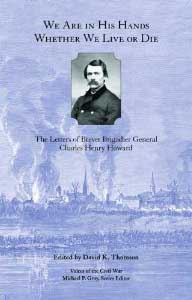 The selected antebellum and Civil War letters of Charles Henry Howard— younger brother of General Oliver Otis Howard—are a valuable addition to the University of Tennessee Press’s excellent “Voices of the Civil War” series. Like his better-known sibling, Charles Howard was deeply pious, and his correspondence not only contains some valuable reflections on religious activities, but also reveals a good deal about army life in both the eastern and western theaters of the Civil War.
The selected antebellum and Civil War letters of Charles Henry Howard— younger brother of General Oliver Otis Howard—are a valuable addition to the University of Tennessee Press’s excellent “Voices of the Civil War” series. Like his better-known sibling, Charles Howard was deeply pious, and his correspondence not only contains some valuable reflections on religious activities, but also reveals a good deal about army life in both the eastern and western theaters of the Civil War.
The volume begins with a few letters that Charles Howard wrote while a student at Bowdoin College. Graduating in 1859, Howard joined the Union ranks shortly after the firing on Fort Sumter. One day in August 1861, a slave woman and her two children entered a camp near Bush Hill, Virginia. A white woman who claimed to be their owner soon appeared. Charles recounts how his brother, then a colonel, wrestled with the question of whether to hand them over and finally received orders not to assist in their rendition. Charles obviously admires Otis greatly, citing his humble demeanor, deep piety, and teetotal convictions. Though strongly antislavery, the Howards were also conservative and at times expressed reservations about the foraging and destruction carried out by Union troops.
Charles Howard was hardly ever in the thick of great battles, but he offers a few insightful comments on various campaigns. There is useful material—albeit brief—about General George B. McClellan’s failed efforts on the Virginia Peninsula. Charles writes home about the dead scattered over the Antietam battlefield. His views on some questions clearly evolve as when he surprises the reader by defending the pillaging of Fredericksburg by federal troops as “natural and unavoidable” (p. 78). The treatment of Chancellorsville includes a surprisingly evenhanded assessment of the performance by German-American troops. The Gettysburg material is thin and disappointing, though Howard does remark in the aftermath of the battle that “we are now making war in right good earnest” (p. 103).
The most valuable materials often center on small, everyday events. When a Union soldier is wounded in a guerrilla ambush, Otis Howard rounds up everyone in a two-mile radius, but cannot discover the perpetrator. After the two brothers are sent to the western theater, Charles writes about poor provisions purchased from a woman at Bridgeport, Alabama; he reports the men living on a diet of beef, bread, and coffee—eaten three times day. There are occasional encounters with southern Unionists, and he notes how one poor old man in the Lookout Valley of Tennessee was cleaned out of provisions by Federals and Confederates alike.
Charles Howard admits that General William Tecumseh Sherman’s troops proved to be “great thieves” (p. 142), but like many other Federals, he rather liked Uncle Billy. He initially expressed doubts about Ulysses S. Grant’s “moral worth,” but soon decided from what he saw of the man and what others said that the general “is a God-fearing, Christ trusting man” (p. 142). And if not, he determined that Grant must have been receiving the aid and protection of divine providence. Having witnessed or at least seen the results of so much bloodshed and destruction, Charles Howard writes to his mother about how fortunate they have been that war has not yet touched their farm back in Maine. Yet he would regrettably have little to say about Sherman’s march through Georgia and the Carolinas, having been sent off on errands to Vicksburg and New Orleans, and then Washington.
By the spring of 1865, Charles Howard assumed command of an African-American regiment. He considered this a great opportunity, a “moral endeavor” much preferable to service in the regular army. He could “do something for humanity & the Kingdom of Christ without special regard to ends distinctly selfish” (p. 187). Like Otis Howard, Charles never wavered in his earnest idealism and even after Lincoln’s assassination still prayed that the Lord would “sanctify . . . all his providential dealings to our welfare” (p. 197).
David K. Thomson—himself a student of religion in the Civil War—has provided a helpful introduction to the volume, along with chapter introductions to guide the reader. His editing of the letters is illuminating, and the result is a book that will prove of interest to a variety of researchers.
George C. Rable is the Charles G. Summersell Chair in Southern History at the University of Alabama.

